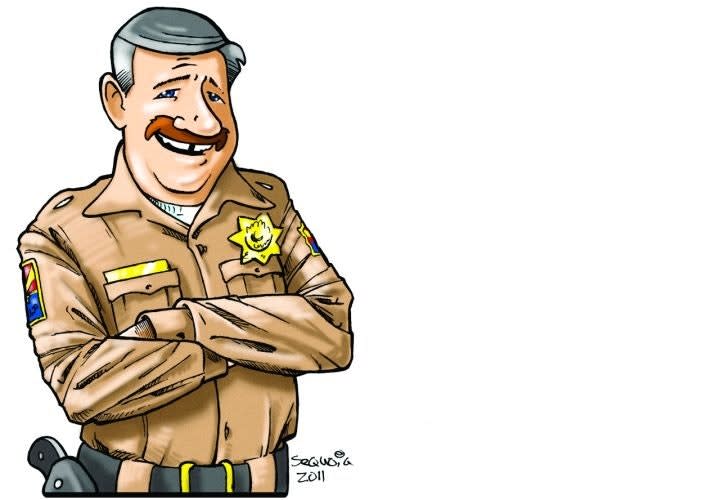One of the things I have had a hard time with all my life is letting go of things that bother me. Mistakes I made, wrongs done to me, lost opportunities, failed attempts, and a bunch of other things come to mind, and I find myself lying in bed obsessing over them. The problem is, those things are all in the past, over, done, and nothing can be done about them; yet there they are, in the here and now, occupying my mind and preventing me from looking forward to future opportunities, challenges, events, and activities that would make my life so much better.
It took me a long time to understand that sitting around percolating in anger for months and months about a written reprimand that I felt was unfair wasn't doing anything other than giving me a few more points on my blood pressure monitor. That captain who thought I needed a little "discipline" sure wasn't lying in bed thinking about the time he gave me a new entry in my permanent file. Allowing my mind to be preoccupied with such thoughts was an exercise in futility. I remember reading about how thoughts can make us either helpless or unstoppable, partly based on whether they are within our "Locus of Control" or not. "Locus of Control" means simply this: the things you can control. You can't control the past, but the "now" and the future are your choices, in your control, and you can take charge.
I know most of you are thinking that this is a lot easier said than done, and I am the first to say, "Amen." It is so easy to use such things as anger, remorse, revenge, and sorrow as an excuse to do nothing more than sit, stymied and angry, and ponder the "what ifs:" the things we mighta, coulda, shoulda done or that others mighta, coulda, shoulda done to not hurt, offend, scare, or anger us.
Studies show that this kind of thinking is not only detrimental to our mental health, it steals our physical health as well and does nothing to improve our current or future lives. Further, pondering the past intensely is a form of "Condition White:" an internal mental process that can be broad, like thinking about the lunch you just ate, or narrow like when you are reflecting on how angry you are about the way your divorce is going. This is a dangerous mental state when you are in an unsecure environment.
We want everyone to constantly be in the important "Condition Yellow" while on duty; the broad external awareness of the environment where we are "seeing" and not just "looking" at the world around us. It is this essential element of situational awareness that we know to be so critical to officer safety, as well as to effective criminal patrol techniques. Condition White, on the other hand, undermines situational awareness and your safety.
Another aspect of this topic that I encounter as I go about the country speaking to crime fighters is the large number of folks who have never forgiven themselves for a mistake they made, and it preoccupies them, often to the point that they have sought professional help. PTSD is a verdict tossed out today, often like some "Rubber Stamp" the psychological community uses, but I find that this past oriented self condemnation is more than just a trauma; it is the way we use hindsight bias to judge ourselves. We act as if we should have known all along that the suspect was predictable, or should have perceived this or that threat, when in reality we never could have known this information going forward in time.
So here is something I want you to try if any of the above sounds like you: first, decide to live in the now, dealing with the things you CAN control. The past is past, and the famous optimistic maxim "Shit happens" applies here. Bad things happen, we make mistakes, being human sucks, and on and on, so decide you want to move on…and move on.
Once you make that decision, the next step is forgiving the ones who hurt you…starting with you. OK, you screwed up; welcome to the party. It is over. Learn from it and move on; focus on today, plan for tomorrow. Visualize what you would have done in retrospect and say to yourself, "OK, next time I will handle it that way." Admit it really hurt you, just like your divorce, your reprimand, your breakup, whatever it may be, and then decide that the next time you will do things differently.
Victim-based thinking is living in the past, but you have chosen the Warrior's Path. So live it fully focused on the future, and live life to the max. The power to decide is a superpower, and I can tell you from personal experience, it works. Stay safe.
Dave Smith is an internationally recognized law enforcement trainer and is the creator of "JD Buck Savage." You can follow Buck on Twitter at @thebucksavage.













